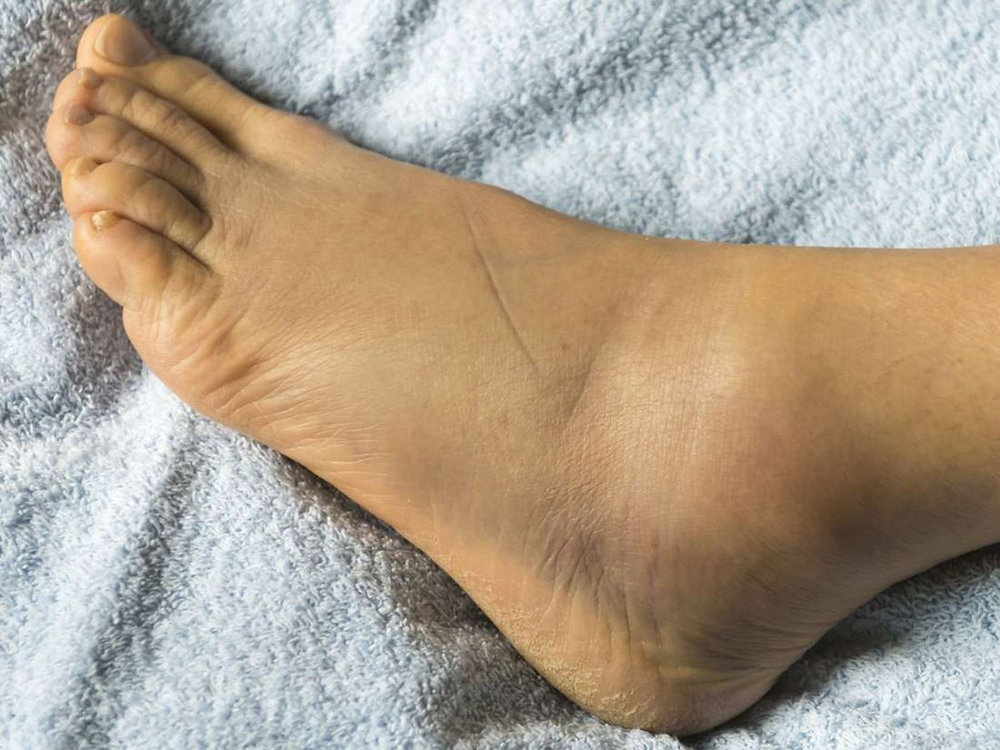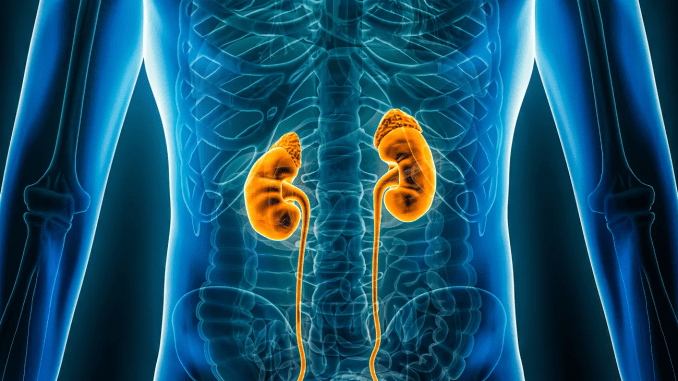Kidney failure is a severe condition that often sneaks up on people without any noticeable symptoms. If left untreated, it can progress rapidly and may eventually require dialysis or even a kidney transplant. Recognizing the early signs of kidney failure can help prevent these serious consequences. In this article, we’ll dive into 8 critical signs of kidney failure and why ignoring them could lead to a lifelong dependency on dialysis.
What is Kidney Failure?

Kidney failure occurs when the kidneys lose their ability to function properly. The kidneys play a vital role in filtering waste and excess fluids from the blood, balancing electrolytes, and regulating blood pressure. When they fail, the body begins to accumulate toxins and waste, which can lead to severe health complications.
Kidney failure is categorized into two types: acute kidney failure, which develops suddenly, and chronic kidney disease (CKD), a long-term condition that gradually worsens over time. Kidney failure can progress through different stages, with stage 5 being the most severe, requiring treatments like dialysis.
Signs of Kidney Failure: 8 Warning Symptoms to Watch For
While kidney failure can sometimes be asymptomatic, many warning signs can indicate a decline in kidney function. Let’s explore 8 common symptoms that, if left unchecked, could lead to the need for dialysis.
1. Discolored Urine: A Key Indicator
Urine is one of the primary ways the body eliminates waste. If you notice that your urine becomes darker, foamy, or contains blood, it could signal kidney problems. Kidney failure affects the filtration system, leading to abnormal urine colors or even blood in the urine (hematuria). Additionally, if you experience frequent urination, especially at night, or if your urine becomes foamy (a sign of protein leakage), it’s crucial to consult a doctor.
2. Difficulty Sleeping and Sleep Apnea
People with kidney failure often struggle with sleep disturbances. Tossing and turning, waking up frequently throughout the night, or experiencing sleep apnea (pauses in breathing during sleep) are common signs. Loud snoring, which can accompany sleep apnea, is another red flag. Sleep issues in kidney failure are often linked to the accumulation of toxins in the body, which disrupts normal rest cycles.
3. High Blood Pressure: A Silent Threat
Kidney function and blood pressure are tightly connected. When kidneys become damaged, they struggle to regulate fluid levels and blood pressure, leading to hypertension (high blood pressure). This can create a vicious cycle where high blood pressure further damages the kidneys. If you notice consistently high readings, it’s essential to address the issue before it escalates into kidney failure.
4. Back Pain: Is It Kidney Trouble?
Back pain, especially in the lower ribs or groin area, can sometimes be associated with kidney problems. If you experience back pain alongside other symptoms like fatigue, fever, or frequent urination, it may be a sign of kidney failure. Kidney-related back pain is typically localized near the kidneys, and in some cases, it can feel sharp or persistent.
5. Swollen Ankles and Hands
One of the hallmarks of kidney failure is fluid retention. When the kidneys aren’t functioning correctly, they cannot properly filter out excess sodium and water, leading to swelling in the ankles, feet, and hands. This swelling is often more noticeable at the end of the day and can become more pronounced over time. If swelling persists or worsens, it’s important to get checked for kidney issues.

6. Shortness of Breath: Kidney-Related Breathing Issues
When kidney function declines, the body struggles to eliminate toxins and waste, which can accumulate in the bloodstream and lead to shortness of breath. If you find yourself feeling winded, even with minimal exertion, or if it’s hard to catch your breath, your kidneys could be under stress. Fluid buildup in the lungs (pulmonary edema) is another consequence of kidney failure that can make breathing difficult.
7. Bad Breath: The Smell of Kidney Trouble
Bad breath, or “uremic breath,” is a common symptom of kidney failure. When the kidneys fail to remove toxins, waste products like urea build up in the body and can be expelled through the lungs, resulting in a foul-smelling breath. If your breath has a metallic or ammonia-like odor, it could indicate a buildup of waste that the kidneys can no longer filter out effectively.
8. Itchy Skin: A Surprising Sign of Kidney Failure

Kidney failure can lead to dry, itchy skin due to the accumulation of waste and toxins that the kidneys are no longer able to eliminate. This condition, known as uremic pruritus, can cause discomfort and lead to severe scratching, which can damage the skin. If you experience persistent itching or dry, flaky skin without a clear cause, it could be related to kidney dysfunction.
The Causes and Risks of Kidney Failure
Several factors contribute to kidney failure. Chronic conditions like diabetes, high blood pressure, and heart disease can increase the risk. Other causes include kidney infections, excessive use of medications that damage the kidneys (like pain relievers), dehydration, and obesity.
If left untreated, kidney failure can lead to severe complications, including fluid retention, high blood pressure, and cardiovascular problems. Ultimately, if kidney function deteriorates significantly, dialysis or a kidney transplant may become necessary to sustain life.
Diagnosis and Treatment of Kidney Failure
Early diagnosis is key to managing kidney failure. Regular blood tests to measure eGFR (estimated glomerular filtration rate), as well as urine tests to check for protein or blood, can help identify kidney damage in its early stages. If diagnosed with kidney disease, patients can slow the progression of the condition by managing risk factors like high blood pressure and blood sugar levels.

Treatment options for kidney failure vary based on the stage of the disease. In the early stages, lifestyle changes (such as a healthy diet, regular exercise, and medication management) can help preserve kidney function. However, as the disease progresses, more invasive treatments, like dialysis or kidney transplantation, may become necessary.
Preventing Kidney Failure: What You Can Do
While some risk factors for kidney failure are genetic or unavoidable, there are lifestyle changes that can help prevent or slow the progression of kidney disease. These include:
- Controlling blood pressure: Regular monitoring and managing high blood pressure can protect kidney health.
- Maintaining a healthy diet: A balanced diet rich in fruits, vegetables, and low in salt can reduce the burden on the kidneys.
- Staying hydrated: Drinking plenty of water helps the kidneys flush out toxins and waste.
- Avoiding smoking and excessive alcohol: Both can harm kidney function over time.
Conclusion: Don’t Ignore Kidney Failure Symptoms
Kidney failure may not always show immediate symptoms, but the signs are there if you know what to look for. Discolored urine, difficulty sleeping, high blood pressure, and swelling are all red flags that should not be ignored. By recognizing these signs early and seeking medical advice, you can prevent the need for lifelong dialysis and protect your overall health.


